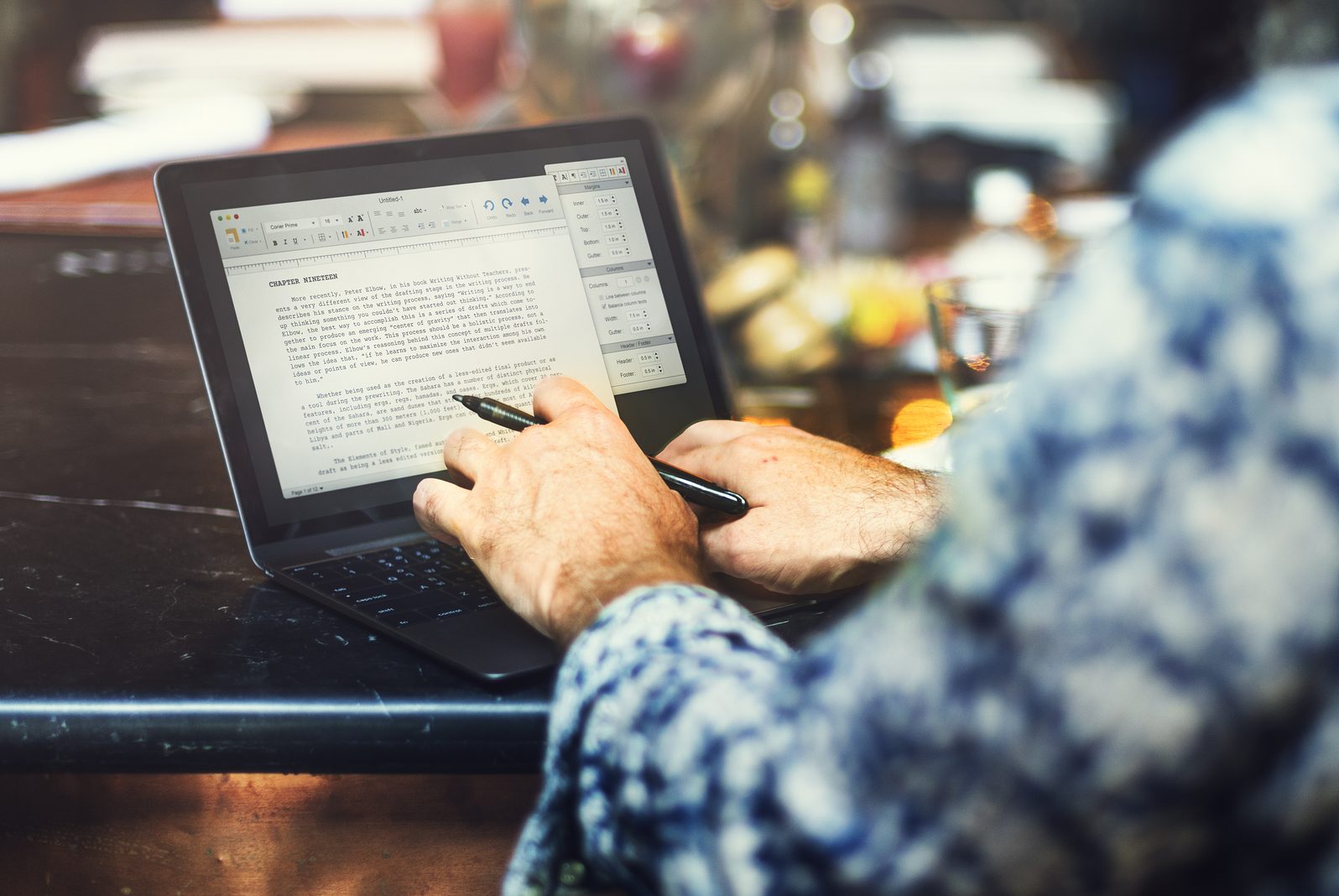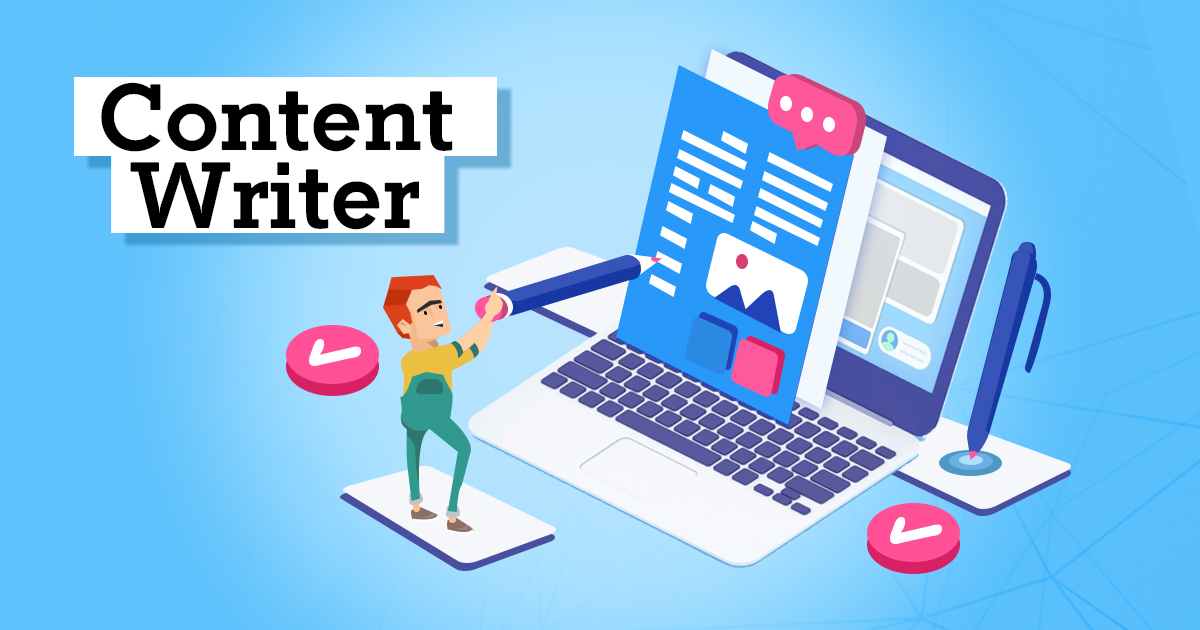


Following these techniques will increase the accessibility of your documents, but it does not guarantee accessibility to any specific disability groups.The same applies to the Navigator, which can either float over the editing area or be docked next to it. When the dialog or panel is open, keyboard users can navigate to it using the key F6. By default, this is a floating dialog but it can also be docked, so it becomes a panel. Several techniques refer to the Styles and Formatting dialog. *Right-click: To right-click with the keyboard, select the object using the Shift+Arrow keys and then press either (1) the “Right-Click” key (some keyboard have this to the right of the spacebar) or Shift+F10.Below are the mouse-only terms and their keyboard alternatives: However, for clarity there are several instances where mouse-only language is used. We have tried to formulate these techniques so that they are useful to all authors, regardless of whether they use a mouse. Most of these have not been checked for accessibility, but some information and/or instructions are available for the following formats in Technique 12. In addition, Writer offers many other word processor and web format saving options. The default file format for Writer is Open Document Text (ODT). If you are creating forms, web pages, applications, or other dynamic and/or interactive content, these techniques will still be useful to you, but you should also consult the W3C-WAI Web Content Accessibility Guidelines (WCAG 2.0) because these are specifically designed to provide guidance for highly dynamic and/or interactive content. Typical of office-style workflows (Reports, letters, memos, budgets, presentations, etc.).Self-contained (i.e., without hyperlinks to other documents, unlike web content), and.and do not include audio, video, or embedded interactivity) ,


This guide is intended to be used for documents that are: We recommended using other applications, such as current versions of Microsoft Word, which has a robust suite of tools available for creating accessible documents. Editor’s note: For later versions of OpenOffice Writer and LibreOffice, the accessibility checking features made available through AccessODF is no longer stable (tested on OpenOffice 4.1.7 and LibreOffice 6.3.1.2).


 0 kommentar(er)
0 kommentar(er)
